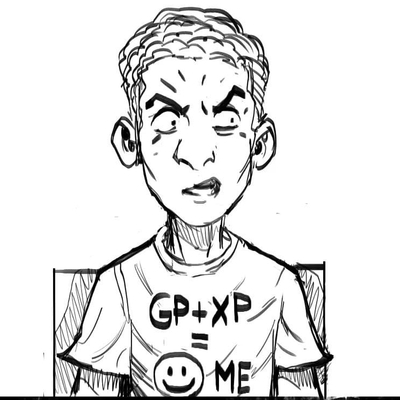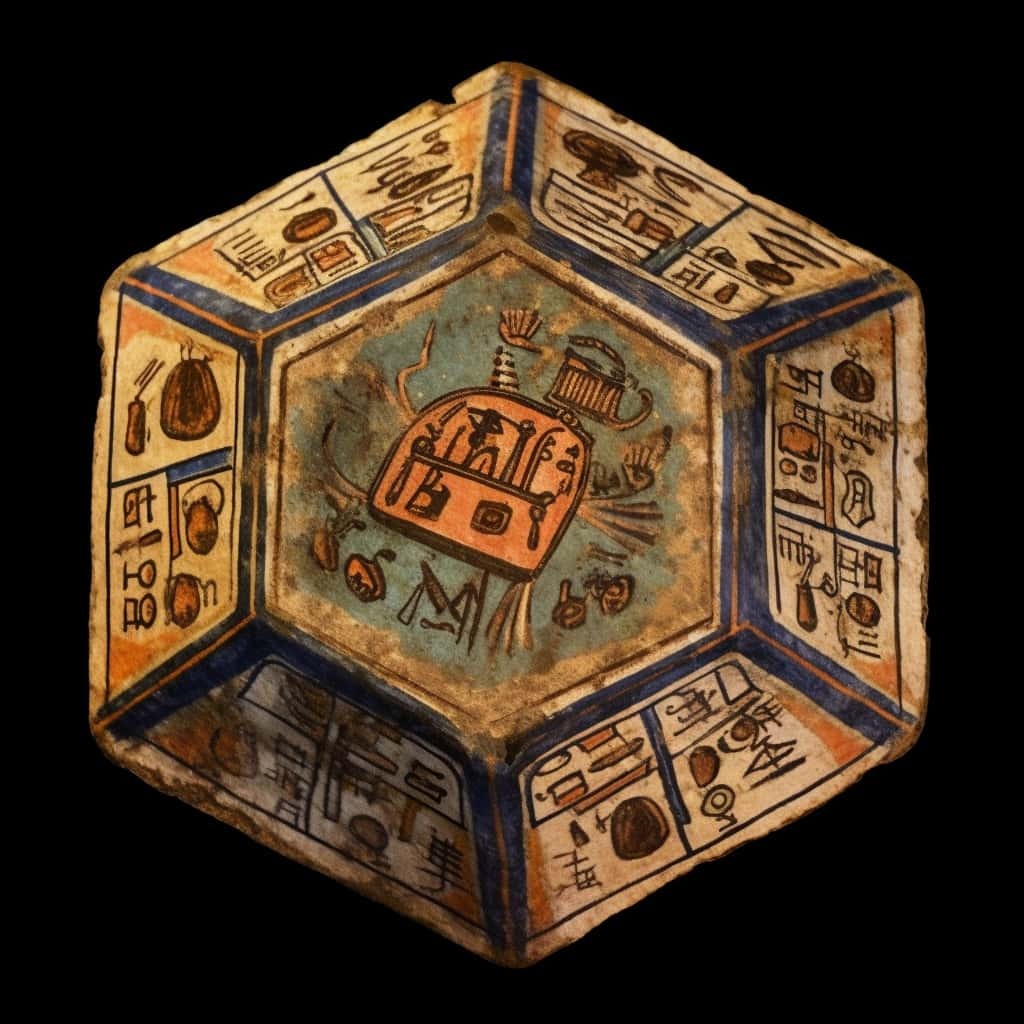

- at my FLGS where I’m a regular store DM
- I am one of the organisers of a local indie RPG club that meets every 2 weeks
- on Discord for whatever game I want to run. If I need additional players for Mausritter I’ll post on the Mausritter discord, additional players for OSE I go to OSE discord, etcetera.



I’ve run a 5 games in TOR2E so far, no campaign, just one shots. I find it falls into the same trap Free League regularly fall in (see also Twilight 2000 4th edition for example), in that it’s too crunchy to be a really good narrative system but at the same time it’s too loosey goosey to be a really good gamist system. Because of this, the system fails to really hit the spot with either audience.
The starter set with Shire adventures is really to be avoided if you care at all about the lore; with the way they treat existing book characters. But outside of starter set, I feel like TOR2E really hits the spot when it comes to emulating the feel and ambience of Middle Earth.
If you’re really a big fan of Middle Earth I can definitely recommend TOR2E, just without the starter set. But if you’re not a hardcore fan of the setting I’m not sure the system has enough pull to draw you in.
As far as alternatives go; I’ve not played the current 5E adaptation, but I’ve played C7’s 5E adaptation “Adventures in Middle Earth”, and personally found it absolutely horrible. It was a good version of 5E, but it was nothing like Middle Earth. A lot of core D&D 5E gameplay and tropes are inherently incompatible with Middle Earth setting in my opinion.